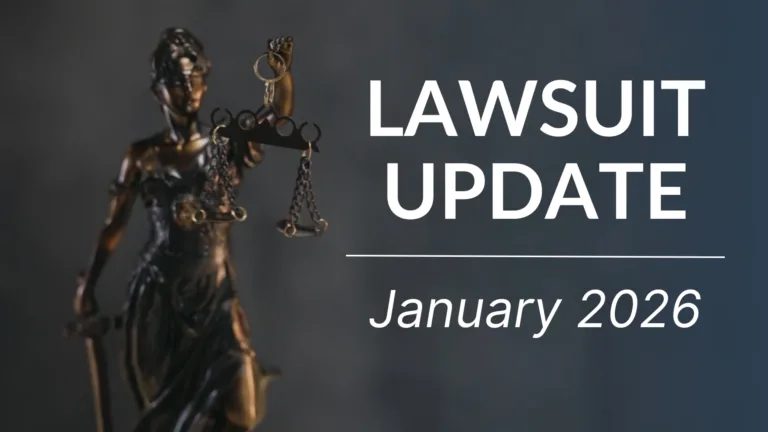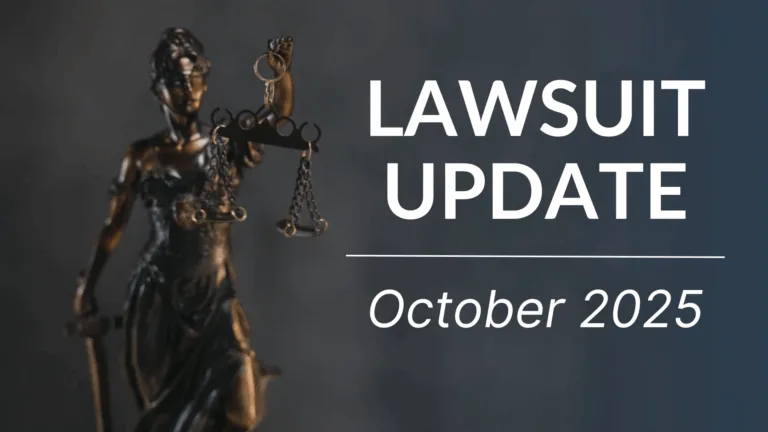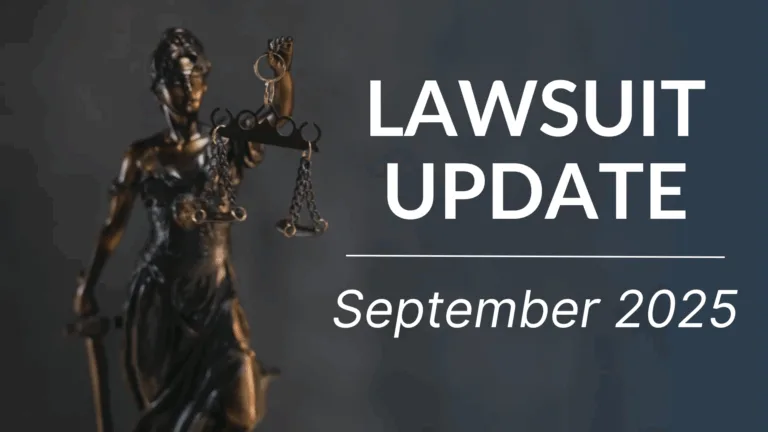
Macy’s Bedsheet Count Financial Settlement News
An Ohio federal judge, Douglas R. Cole, denied final approval of a $10.5 million settlement between Macy’s and purchasers of bed sheets, primarily over the issue of the designated recipient for undistributed funds. The case, which dates back to 2017, accused Macy’s of misrepresenting the thread count of its cotton-polyester blend sheets. The class includes buyers of these sheets from November 2013 to March of the current year.
Under the settlement terms, class members could receive $7.50 per sheet unit with proof of purchase or $2.50 per household without proof. After these payments, any leftover funds were to be given to the Public Interest Research Group (PIRG), a nonprofit organization. However, Judge Cole objected to PIRG as the recipient, noting that their focus on government policy around toxins, waste, and climate change did not directly relate to the case’s consumer fraud issues.
The concept of “cy pres” distribution, where unspent settlement funds are given to nonprofits, has been under scrutiny, with some arguing it doesn’t align with the Federal Rules of Civil Procedure. Judge Cole referenced a 2015 ruling to emphasize that such funds should be used for purposes closely related to the class’s interests. He criticized PIRG’s broader political activities as unrelated to the case’s concerns and called for a recipient more aligned with the case’s issues.
The court did not rule on the plaintiffs’ attorneys’ request for $3.5 million in fees, considering the settlement’s approval still pending. Judge Cole clarified that his concerns were solely about the choice of the cy pres recipient.
Lawsuit Alleges Anticompetitive Scheme Among Apple, Visa and Mastercard
An antitrust class action lawsuit filed against Apple Inc., Visa Inc., and Mastercard Inc., alleges that these companies conspired to inhibit competition in the mobile-based payment systems market. The plaintiff, Mirage Wine + Spirits, claims that due to an anticompetitive agreement between Apple and the credit card giants, it faced artificially inflated fees for point-of-sale transactions.
Before the launch of Apple Pay in 2014, Visa and Mastercard were reportedly concerned that this new payment method could diminish the fees they collect from merchants using their transaction networks. To address these concerns, Apple allegedly made agreements with Visa and Mastercard to not use iPhones for creating its own point-of-sale transaction network. Instead, Apple Pay transactions were processed over the existing networks of Visa and Mastercard.
The lawsuit alleges that Apple, in collusion with Visa and Mastercard, blocked third-party access to specific iPhone hardware that could have been used to develop competing mobile-based payment solutions. In return, Apple was to receive a portion of the transaction fees generated through these payment systems, a sum that has reportedly reached billions of dollars annually.
The lawsuit alleges furthera that, absent this anticompetitive agreement, Apple would have had the incentive to support all payment solutions in its Apple Pay wallet, as it earns revenue from a percentage of the transaction fee for each transaction facilitated by Apple Pay. By agreeing to protect Visa and Mastercard from competition, Apple supposedly sacrificed significant potential revenue.
Mirage Wine + Spirits filed the lawsuit representing itself and a proposed class of U.S. merchants that have accepted Apple Pay since December 14, 2019. A recent ruling by the 2nd U.S. Circuit Court of Appeals, upheld a $5.6 billion class action settlement concerning allegations that Visa and Mastercard overcharged merchants on interchange fees for debit and credit card transactions.
23andMe Data Breach May Have Exposed Sensitive Personal Information of Millions
A massive data breach at 23andMe, a company known for genetic testing, was initially reported by potentially the hackers themselves, and later confirmed by 23andMe in a report to the Securities and Exchange Commission. Initially, the company stated that about 14,000 profiles were compromised, but this figure was later revised to a much larger number. It was revealed that around 6.9 million people were affected by the hack, specifically those who signed up for DNA relatives matches and the “family tree” feature, which identifies close family members (up to 3rd cousins) who also use the DNA Relatives tool.
The breach has raised serious concerns about the theft of personal and sensitive information, which could be used for crimes against the individuals whose data was stolen. 23andMe is reportedly scrambling to manage this crisis, rewriting its own rules and trying to avert lawsuits. Individuals who received an email notification from 23andMe about the breach may have the opportunity to join a lawsuit seeking justice and compensation for the unauthorized use of their vital information. 23andMe analysis is used for a range of purposes ranging from serious inquiries about familial connections and disease risks to more casual interests, underlining the broad impact of the breach.



